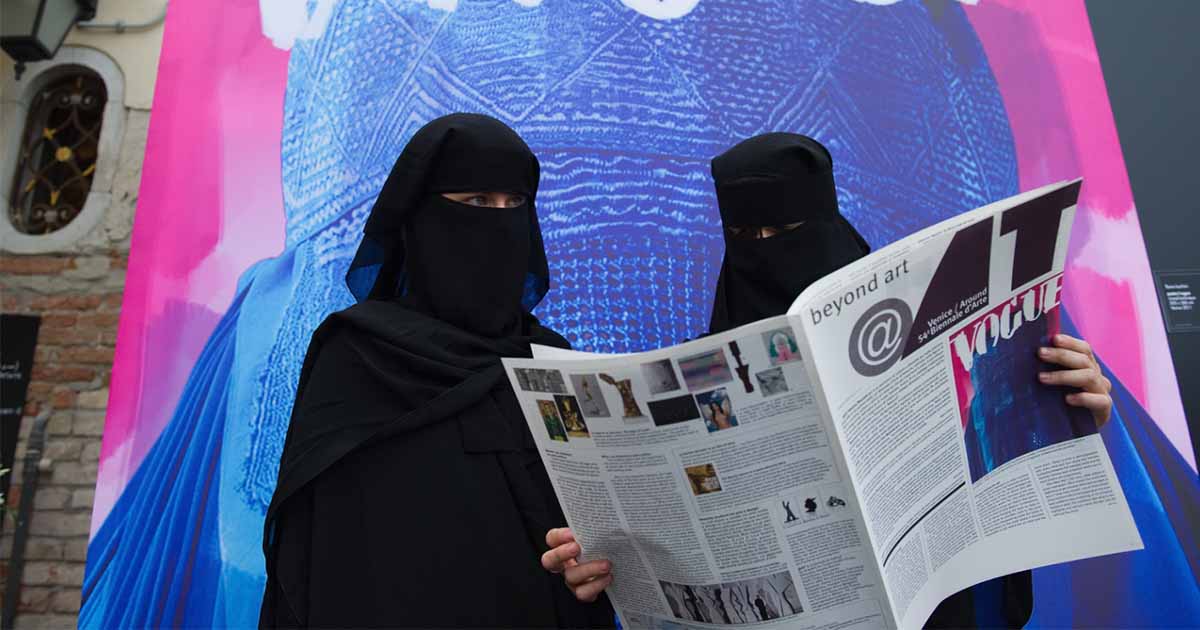Italy’s ruling party has called for a ban on Muslim clothing that obstructs facial recognition in public places, according to a statement released by the Brothers of Italy party on Wednesday. Violations of the ban could result in fines of up to €3,000, local media outlets have reported, citing the draft proposal.
Italy Follows France, Belgium, Austria, Denmark & others in imposing a “Burqa Ban” in public places. This is against UN advice on the issue! And the reasoning given is plain stupid! But we should welcome it, Muslims in Europe need to integrate with mainstream cultures! Much…
— Moeed Pirzada (@MoeedNj) October 10, 2025
In addition to the complete ban on full-face veils in public places, schools, universities, offices, and commercial venues, the proposed measure imposes stricter rules on financial transparency in places of worship, making it easier to trace foreign funding. The draft also calls for banning so‑called virginity tests and harsher penalties for forced marriages, practices the party says violate human dignity.
BREAKING:
Meloni introduces new bill to combat “Islamist & cultural separatism”
– Full burqa and niqab ban in all public places (streets, schools, shops & offices)
– All mosque financing must be disclosed. Foreign funding considered a “threat to Italian values” will be banned pic.twitter.com/A5VP3dhCRh— Visegrád 24 (@visegrad24) October 9, 2025
Read more: Trump suggests throwing Spain out of NATO
The move seeks to “protect Italian identity, citizen security, and women’s freedom,” the right-wing ruling party said in a statement, arguing that the measure would not curb religious liberty, but prevent its misuse to justify practices contrary to the constitution and social norms.
The proposed measure provides “concrete tools to stop the spread of fundamentalist practices and opaque financing that threaten security and social cohesion,” according to the party’s MP Galeazzo Bignami.
Italy already has a law, dating from 1975, that prohibits garments fully covering the face in public spaces, primarily targeting helmets or masks used for concealment rather than religious garb.
Read more: Hamas, Israel agree hostage release, ceasefire under Trump plan
France became the first European country to fully ban the niqab in public places in 2011, introducing penalties such as fines or community service. Several other countries subsequently implemented similar measures, including Belgium, Austria, Denmark, the Netherlands, and Switzerland. The United Nations has warned that these bans could restrict religious freedom and risk further marginalizing women by limiting their participation in public life.
With additional input by GVS US and Intl desk














